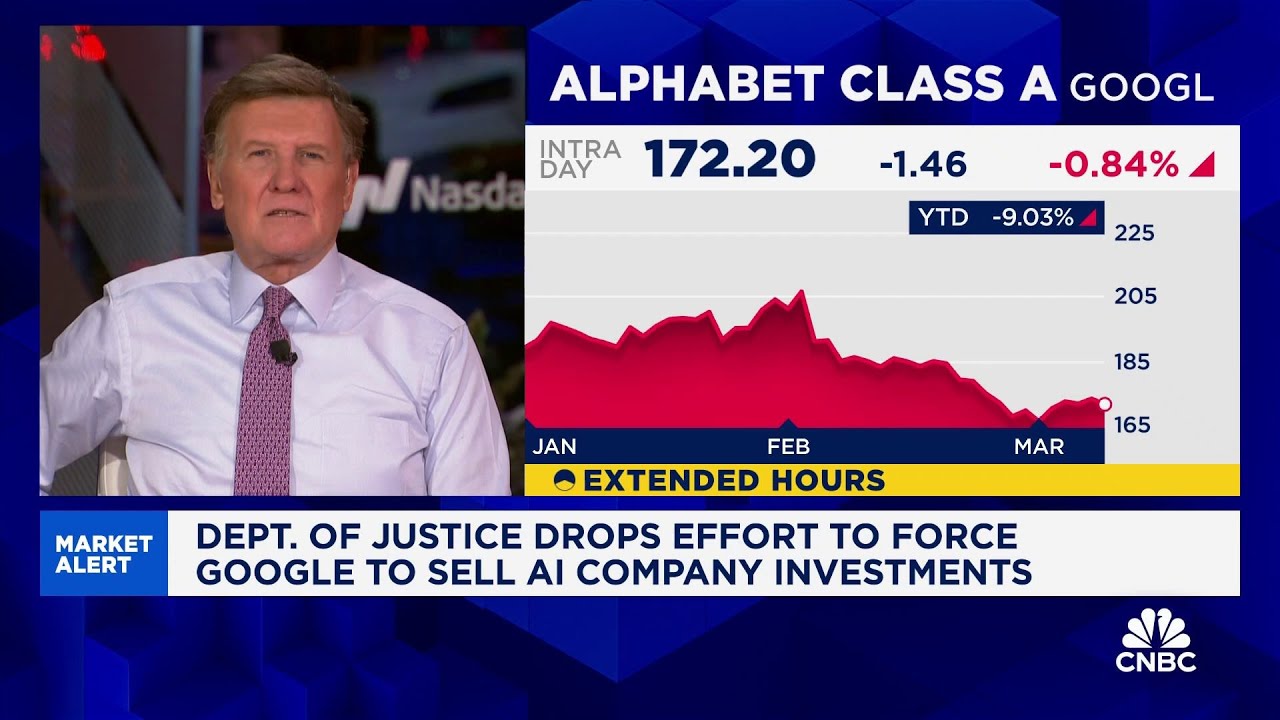The Department of Justice has abandoned its efforts to force Google to divest its investments in AI companies like Anthropic, while still pursuing other remedies, including the divestment of the Chrome browser, to address concerns about Google’s market dominance. This decision highlights the ongoing complexities of regulating major tech companies and the implications of AI technology in the digital landscape.
The Department of Justice (DOJ) has decided to abandon its efforts to compel Google to divest its investments in certain artificial intelligence companies, including Anthropic, which is a competitor to OpenAI. This decision was announced late Friday when the DOJ filed an updated proposal for remedies in its ongoing antitrust case against Google. The shift indicates a change in strategy regarding how the DOJ plans to address concerns about Google’s market dominance in the AI sector.
Despite dropping the push for Google to sell its AI investments, the DOJ is still pursuing other remedies in the antitrust case. Specifically, the department is seeking to have Google divest its Chrome internet browser. This move is aimed at addressing what a judge previously described as an illegal monopoly in the search engine market. The DOJ’s actions reflect ongoing concerns about Google’s influence and control over the digital landscape.
In response to the DOJ’s proposals, a Google spokesperson criticized the remedies as excessive and detrimental. The spokesperson argued that the DOJ’s sweeping measures would not only harm consumers but also negatively impact the economy and national security. This statement underscores the tension between regulatory bodies and major tech companies regarding market competition and consumer protection.
The video also hints at broader implications of AI technology, particularly in relation to deep fakes. As AI capabilities continue to advance, platforms like YouTube are becoming increasingly involved in the challenges posed by misleading content generated by AI. The discussion suggests that companies are grappling with how to manage and mitigate the risks associated with powerful AI tools.
Overall, the DOJ’s decision to drop the divestment of AI investments while still pursuing other remedies highlights the complexities of regulating large tech companies. The ongoing antitrust case against Google reflects a significant moment in the intersection of technology, law, and consumer rights, as regulators seek to ensure fair competition in an evolving digital economy.
